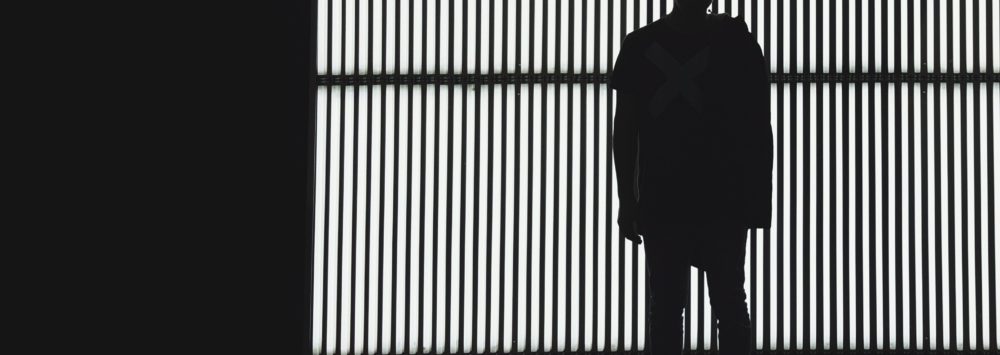This story is part of our blog series called “Stories from the OCD Community.” Stories from the community are submitted and edited by Toni Palombi. If you are interested in sharing your story you can view submission details at www.iocdf.org/ocd-stories.
I was diagnosed with obsessive compulsive disorder (OCD) when I was 27, but I’ve struggled with it all of my life. I used to spend hours every day cleaning my small one-bedroom apartment and rearranging nearly everything in it. I had obsessive thoughts about nearly everything, which caused me a lot of anxiety.
Before I sought professional help for my OCD, I turned to alcohol as a form of self-medication. Alcohol would decrease my anxiety, at least in the short term. At first, it was just on the weekends, but it quickly developed into a destructive behavior. It wasn’t long before I was drinking every day, sometimes even before or during work.
By the time I was 25, I recognized that I had a drinking problem. I knew I needed to do something about it so I started a rehabilitation program. It began as a residential treatment program for 90 days, and then I transitioned to an outpatient program. For the next two years, my life went like this: I would get sober and feel better, and then about three months later, my anxiety would be unbearable, and I would start drinking again. I was trapped in a vicious cycle.
One day, after speaking to a new sponsor in the Alcoholics Anonymous program, I finally decided to see a mental health professional. I started seeing a psychiatrist and a therapist, who diagnosed me with OCD. At that moment, I realized what was at the root of my drinking problem. I was prescribed medication to address the anxiety and began cognitive behavioral therapy (CBT). The therapy helped my obsessive behaviors more than anything else in my life.
It has now been two years since I began treatment for my OCD. I still struggle with it at times, but I no longer turn to alcohol during the difficult moments. Instead, I turn to much healthier coping strategies: I practice yoga three times a week, I see my psychiatrist and therapist, I engage in CBT, and continue the course of my medication. And more recently, I have discovered the art of photography. Thankfully, I no longer feel the need to self-medicate.
I have learned that it is important to not only treat addiction but to treat any underlying mental health issue if there is one. If you experience co-occurring disorders, addiction treatment on its own is not going to be enough.
While I still struggle on some days, it’s so much better now that I am treating the OCD. In asking for help, I discovered an inner strength that would have otherwise been left unfound.
There is no stigma associated with treating physical health so why should there be a stigma associated with treating mental health? We cannot be afraid to ask for help; it may just make us stronger than we ever thought possible.
This author has asked to remain anonymous.


Hey thanks for the great information i really like your blog and often times i visit your blog to see such interesting articles keep it up. i am in depression after breakup and hoping something relevant info from your end which will help me to get out from depression